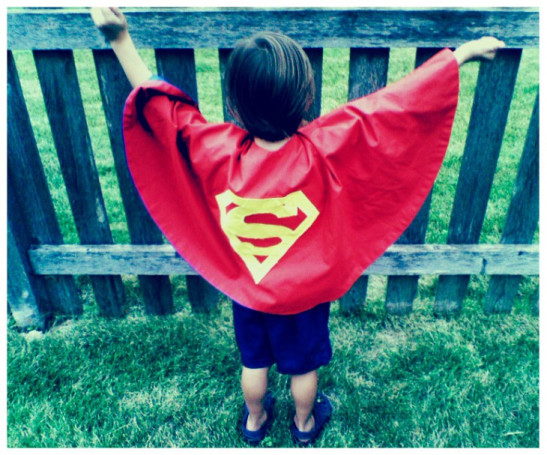Bilingual & Multilingual Writers are my Heroes
Medical Pharmaceutical Translations • Dec 23, 2013 12:00:00 AM

The other day, a client asked me if I could translate some articles I’d written for him into French. This is a complicated question: Although I speak and write French fluently, I had to explain to him that I can’t express myself with the fluidity and eloquence of a native speaker.
I’m not alone in being fluent-yet-not when it comes to a foreign language. Most of the bilingual or multilingual people I know are the same. We can certainly read and write coherently in our non-native language(s), but the texts we create will rarely, if ever, be perfect. Things like phrasing and prepositions, for example, often trip up even the most gifted foreign speakers.
All this is why bilingual and multilingual writers are my heroes. I can’t imagine eloquently penning, not just any document, but one as complex as a short story or novel in a language other than my native one. Yet a handful of well-known authors did or are doing just that. Some grew up bilingual. But others, like Nabokov, learned another language after childhood, yet were able to write masterfully in it nonetheless. I was surprised to learn that Joseph Conrad is another example; born and raised in Poland, he chose to write in English (actually his third language!) after years of speaking it as a sailor. According to this article by François Grosjean, although he couldn’t do lectures or readings because of his thick accent, Conrad’s work needed little editing.
This is interesting to note, because of course, you could argue that editors probably help non-native writers immensely. I imagine that’s probably true in a number of cases. But as Conrad proves, there are exceptions. I also know someone like this, myself. My friend Caddie is an American who fell in love with French as a teenager. Caddie is a writer, but when she writes, it’s not in English, a language she says she doesn’t really feel passionate about; it’s in French. She penned her first novel without the help of an editor. I loved it and thought the language seemed perfect, and our native French friends agreed! I hope she’ll get it published when she feels ready. Whatever she decides, I feel lucky to have witnessed such a phenomenon.
It’s intriguing to learn what motivates bilingual writers. In Caddie’s case, it’s love for another language. For others, it can be anything from preferring to do their own translations, to feeling that different languages should be used in different contexts. I love this Conrad quote that Grosjean cites to explain that thrall many non-native writers must feel: “I wrestle painfully with (this) language which I feel I do not possess but which possesses me—alas!” It suggests that writing in a foreign language is far from easy. A recent interview with Nobel prize-winning bilingual author Gao Xingjian brings up another challenge: “one ha[s] to be extremely sensitive to ‘not just the syntax but the deeper linguistic structures’ [and] ‘translat[e] from one culture to another, so that it resonates with someone of that other culture’”, Gao says.
Although I’m passionate enough about English to feel quite content with its being the only language I write in, I have tried to pen a few things in French. I felt removed from the words, and that removed me from my story. I’ll never stop being amazed by authors who don’t experience this, or who persist despite this feeling, and create great works in a foreign tongue.
